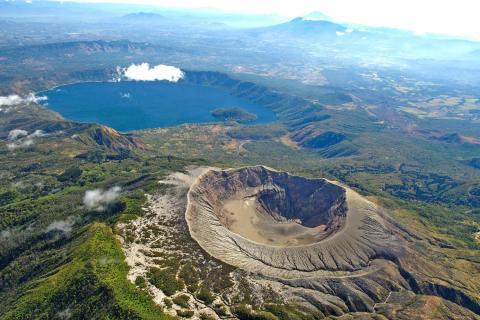El Salvador is a small, densely populated country that experienced a decade of civil war, after which a process of development ensued, including the diversification of exports and increasing access to services such as education and health care. In El Salvador, 82% of the land is considered agricultural, with 39% of the population living in rural areas. Ten percent of the population is indigenous.

The Constitution recognizes the right to property for every person and guarantees free disposition of their land. In addition, the Constitution states that foreigners are allowed to buy urban land but cannot acquire rural land, except for industrial purposes. The Civil Code provides the legal framework for land, Decree 153 of 1980 initiated the Agrarian Reforms and Decree 152 and 207 specified the type and size of farms that were redistributed. El Salvador does not recognize specific rights for indigenous peoples, and the government has made little effort in regard to the recognition of indigenous land claims.
Disputes over land were among the causes for the civil war in El Salvador. Disputes are generally related to ownership or boundaries, and are resolved primarily through the land registry system of civil courts.
Authored on
16 Diciembre 2016
